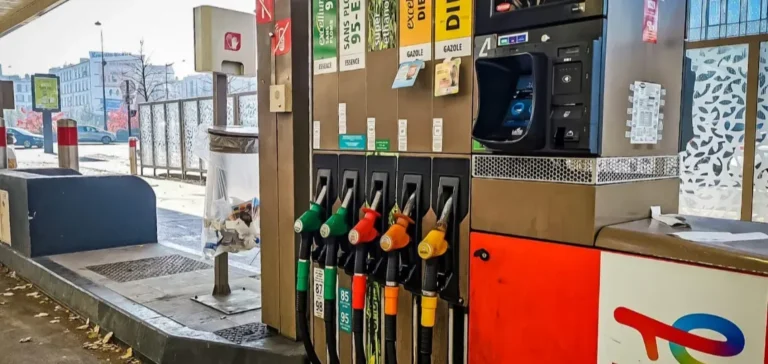The French National Assembly has overwhelmingly rejected a provision in the 2026 finance bill that aimed to reduce the tax advantages of E85 ethanol and B100 biodiesel. The proposal sought to eliminate the preferential tax rate on B100, which is primarily used by transporters, and gradually reduce the tax advantage for E85 compared to conventional fuels.
The amendment put forward by Richard Ramos, a deputy from the MoDem party, was approved by 147 votes to 43, after receiving broad support from lawmakers across different political parties. Opponents of the measure included left-wing MPs, as well as those from right-wing and centrist parties. The opposition was primarily driven by concerns over the negative impact on the French agricultural sector, which supplies the raw materials used in these fuels.
A Unified Political Front Against the Reform
The agricultural sector’s mobilization played a key role in the rejection of the measure. The National Federation of Farmers’ Unions (FNSEA), which represents beet and rapeseed producers, strongly opposed the reform, highlighting the negative effects it would have on outlets for farmers’ produce. E85 and B100 biofuels represent crucial markets for agricultural raw materials, with approximately 1% of France’s usable agricultural land currently allocated to these crops.
Deputy Daniel Labaronne (Renaissance) emphasized the need to maintain these tax advantages to “preserve French industries” and avoid greater reliance on imported fossil fuels. He noted that nearly 120,000 French farmers are engaged in producing these biofuels.
Disagreements Over the Definition of Biofuels
The ecologist group, which voted against the amendment for its repeal, questioned the very definition of “biofuel” for products such as E85 and B100. Deputy Benoît Biteau, representing the ecologists, criticized the use of fossil fuel-based fertilizers in the production of these biofuel raw materials. He argued that these agrofuels do not meet ecological criteria and are far from being sustainable alternatives.
On the majority side, Public Accounts Minister Amélie de Montchalin had supported an interim solution that would have phased in the tax increase on B100 over two years, without revisiting the increase on E85. However, this amendment could not be debated before the repeal amendments, due to the order in which votes were held.
La France Insoumise abstained from voting, while the RN group defended the argument that the tax increase would have unfairly penalized motorists using these alternative fuels.






















